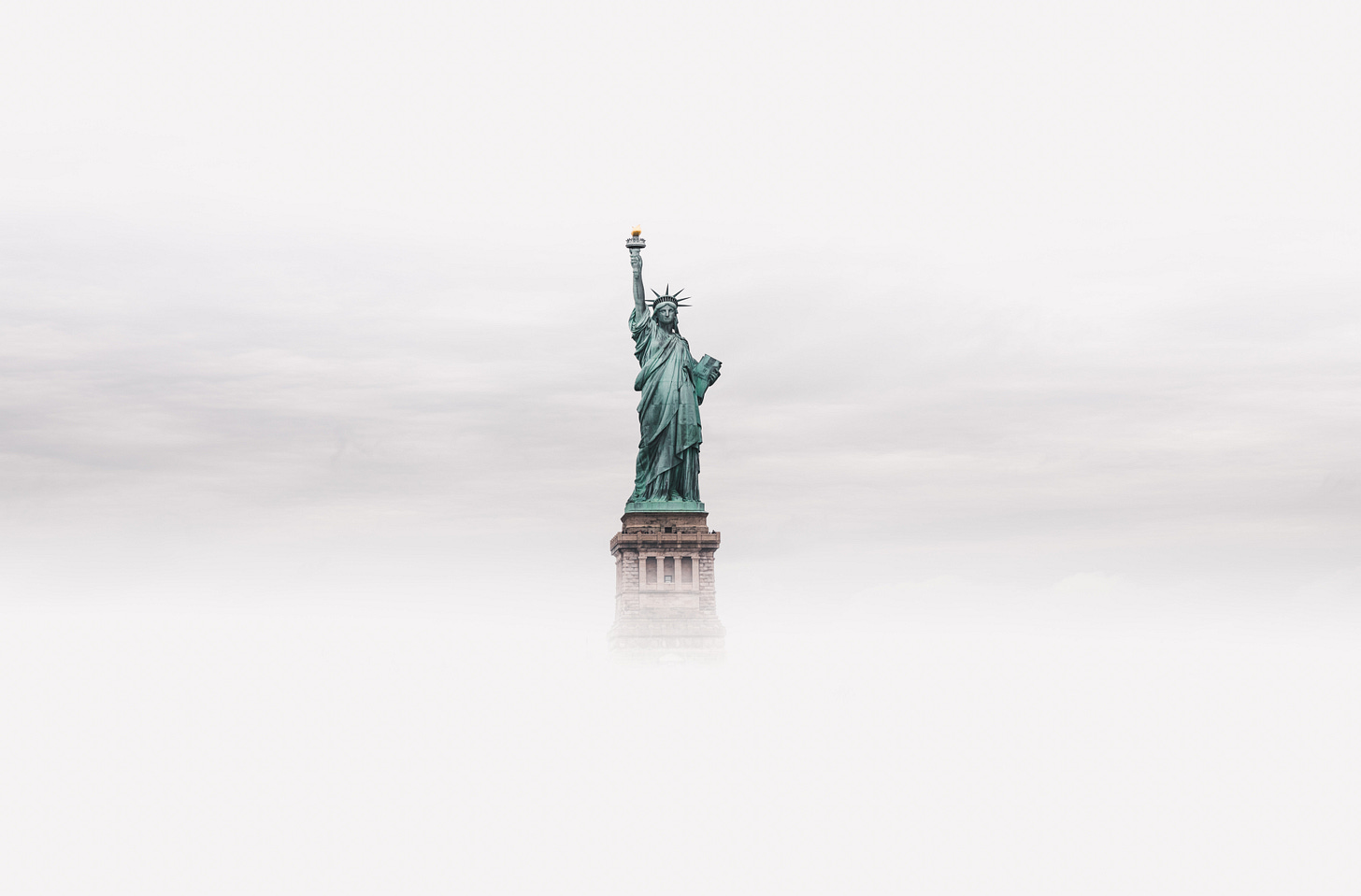Shabd Singh: The Ideological Debate American Sikhs Should Be Having
As today’s presidential inauguration ceremony unfolds, January 6th was unprecedented but ultimately nothing new
Shabd Singh
January 20, 2021 | 3 min. read
I am writing to you from Washington, DC, where a mob stormed the Capitol building two weeks ago spurred by Trump’s spurious claims of election fraud following his defeat to Joe Biden in last November’s election.
It was an eerie sight to witness on television as, just a few miles South, Trump banners fluttered alongside American flags and even the Indian flag. Like a bursting boil, mostly white mobs oozed their way, with relative ease, into one of the most highly protected buildings at the heart of the most policed city in the country.
Not six months prior, my wife and I participated in protests on those same grounds in support of the Movement for Black Lives where a veritable army of police and federal agents formed a human wall around the building. The difference in police response to the two protests was stark, to say the least.
As today’s presidential inauguration ceremony unfolds, January 6th was unprecedented but ultimately nothing new.
White reactionaries have used violence to suppress political expression since the dawn of their colonial presence on this continent. The very notion of American liberty is a concept built on slavery and native expropriation. Today’s situation is the result of racial capitalism and other forces that have structured and socialized generations of Americans.
Racism is not some germ found in the hearts of evil whites, but rather the never-ending incentivization by our economic system to subjugate the ‘other’ for material gain. For the wealthy elite, this socialization is an irreplaceable boon that divides communities and limits working-class power. For middle and working-class reactionaries, these mentalities are a succor and rationale in a system where they are disempowered and misidentify the reason for their powerlessness.
American Sikhs find themselves scattered among various factions in this ongoing ideological battle.
Liberal Sikhs liken their understanding of gurbani to vague progressive ideals of equality and seek the squishy goals of representation in various spaces such as government, police, media, and the heights of corporate power.
Conservative Sikhs see right-wing principles of social conservatism, limited government, and the right to bear arms as friendlier to the Sikh worldview. Many Sikhs have even taken up outright support for Trump and the extreme-right.
None of these worldviews fulfill the religious duty of Sikhs to abolish tyranny and stand with the downtrodden.
Jagjit Singh was a Sikh intellectual of the 20th century. He joined the Ghadar movement and became its most important biographer and went on to write dozens of books. In his book “In the Caravan of Revolutions” Singh makes it abundantly clear that Sikhi is a plebian political revolution and egalitarian social revolution compelled by religious devotion to gurbani.
The Khalsa fought for the abolishment of both caste and the economic oppression of the existing feudal system. While neither system was completely abolished, conditions for the lower castes and the peasantry were ameliorated under Khalsa rule. Their legacy is alive as we see Delhi encircled by predominantly Sikh farmers and laborers in solidarity with people of all sections in the ongoing farm bill protests.
Today, American Sikhs find themselves a tiny minority in a vast country. What can we do to take up the mantle of our forebears and fight for social equality and political and economic justice?
Under Khalsa rule and in the Kisaan Morcha and the times in between, to practice solidarity through the lens of Sikhi has always been a negotiation; not a destination we can consider reached but a commitment to go further. In the US, too, what this means for our Sikh communities has to be more than heightened visibility within yet another manmukh system. This means more than money in the golak once a week - it means being active in supporting those at the sharpest end of racial capitalism and settler colonialism.
Let’s take an example from great organizations like Seva 4 Everybody, a Detroit-based organization that provides aid in the form of food and household and other supplies to communities hardest hit by our unjust economic and social system. Let us come together and deepen our devotion and practice as Sikhs. Let us develop razor-sharp analysis of our current world and its systems. And let us join with those who see the One in all to fight for and win a world rooted in compassion, justice, and the wellbeing of all.
Shabd Singh hails from Washington, DC. He is a political organizer and advocate who has worked with organizations such as Our Revolution, Swing Left, and the Bernie Sanders 2020 campaign. He hosts The One with Shabd, a podcast interviewing experts on Sikh history, philosophy, culture, and politics. You can find him on Twitter at @ShabdSingh.
Baaz is home to opinions, ideas, and original reporting for the Sikh and Punjabi diaspora. Support us by subscribing. Find us on Twitter, Instagram, and Facebook at @BaazNewsOrg. If you would like to submit a written piece for consideration please email us at editor@baaznews.org.


